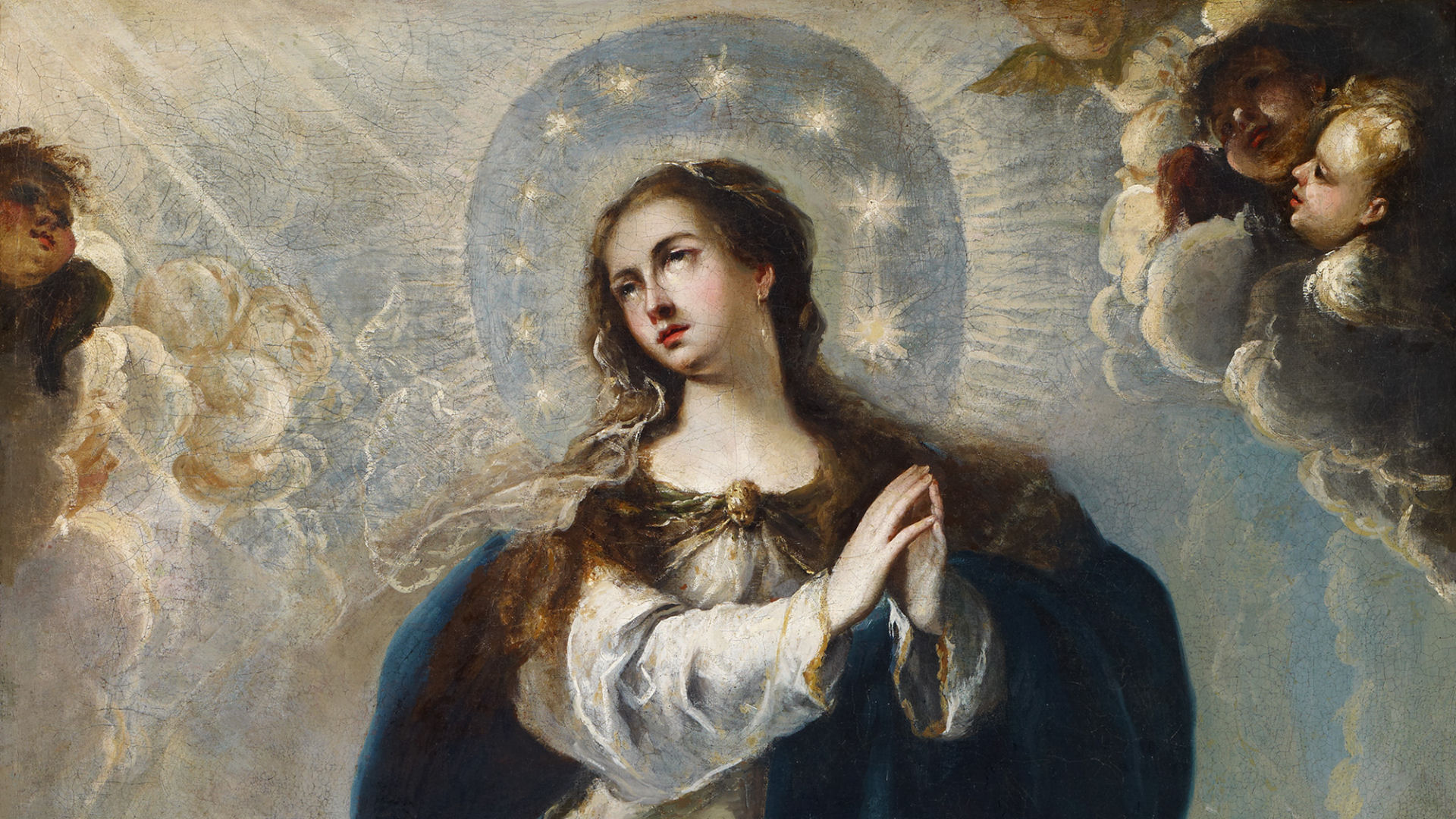
Today, December 8, marks the great Solemnity of the Immaculate Conception of Mary. And it’s certainly a doctrine misunderstood by many. The Immaculate Conception is not the Virginal Conception of Jesus. Nor does it have anything to do with this, sports fans.
Here’s the actual definition, from Blessed Pope Pius IX, the beloved “Pio Nono”:
We declare, pronounce, and define that the doctrine which holds that the most Blessed Virgin Mary, in the first instance of her conception, by a singular grace and privilege granted by Almighty God, in view of the merits of Jesus Christ, the Savior of the human race, was preserved free from all stain of original sin, is a doctrine revealed by God and therefore to be believed firmly and constantly by all the faithful.
–Ineffabilis Deus, Apostolic Constitution of Pope Pius IX solemnly defining the dogma of the Immaculate Conception, 8 December 1854.
the basis for the Immaculate Conception of Mary in the New Testament is well-known, but today I’d like to share about one of the ways the doctrine is foreshadowed in the Old Testament. In his masterful devotional series, In Conversation with God, Francis Fernandez writes about Mary as the new Temple in which God dwells:
In the litany of Loreto we call upon Mary, House of Gold, the abode of greatest conceivable splendor. When a family turns a house into a home by taking up residence there, the place reflects the individual qualities of the people. They accentuate the beauty of the dwelling place. Just like the Holy Spirit dwelling in Our Lady, the home and its inhabitants make up a particular unity, in much the same way as the body and its garments do. The foremost Tabernacle in the Old Testament, later to be the Temple, is the House of God, where the meeting of Yahweh and his people takes place. When Solomon makes the decision to build the Temple, the Prophets specify that the best available materials are to be used – abundant cedar wood on the inside and clad with gold on the outside. The most highly skilled craftsmen are to work on its construction.
Before God made known his coming into the world in the fullness of time, He prepared Mary as the suitable creature within whom He would dwell for nine months, from the moment of his Incarnation until his birth in Bethlehem. Evidence of God’s power and love show forth in his creation. Mary is the House of Gold, the new Temple of God, and is adorned with so great a beauty that no greater perfection is possible. The grace of her Immaculate Conception, including all the graces and gifts God ever bestowed on her soul, are directed towards the fulfillment of her divine Maternity.
God’s gift of supernatural life to her exceeds that of all the Apostles, Martyrs, Confessors and Virgins combined. It reaches far beyond the experience of anyone who has ever lived, or ever will live, until the end of time. God dwells in Our Lady more than in all the angels and saints, since the foundation of the world, taken together. Truly God has prepared a human vessel in keeping with the dignity of his eternal Son. When we say that Mary has an almost infinite dignity, we mean that among all God’s creatures she is the one who enjoys the most intimate relationship with the Blessed Trinity. Her absolute honor is the highest possible and her majesty is in every way unique. She is the firstborn and most highly favored daughter of the Father, as she has often been called throughout the history of the Church, and as has been reiterated by the Second Vatican Council, Our Lady’s blood relationship with Jesus Christ, the Son of God, leads her to a singular relationship with him.
Mary indeed became the new Temple and Tabernacle of God.


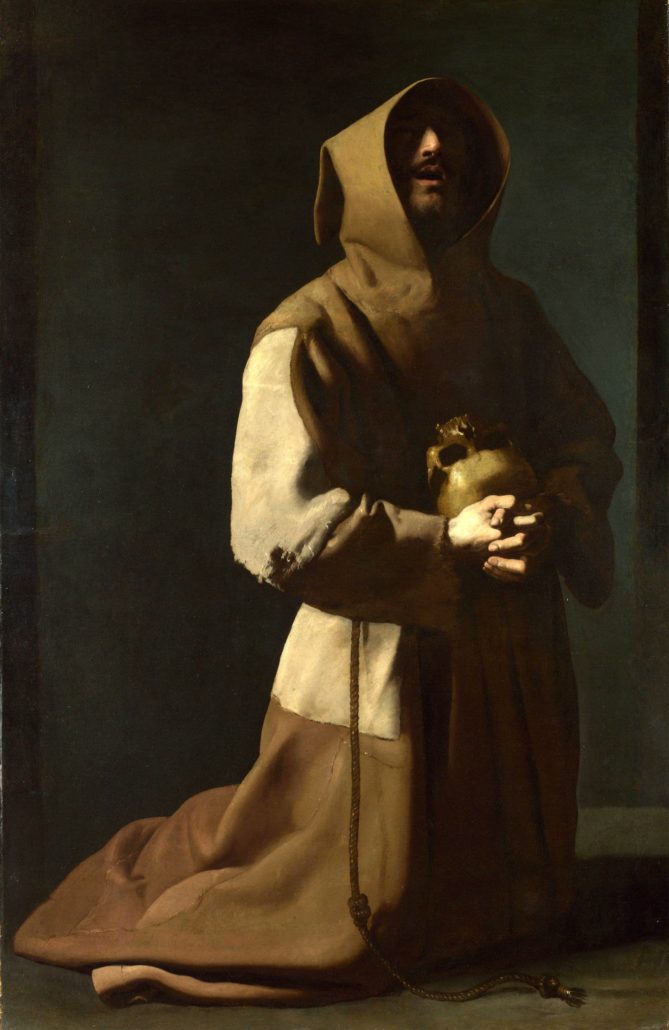
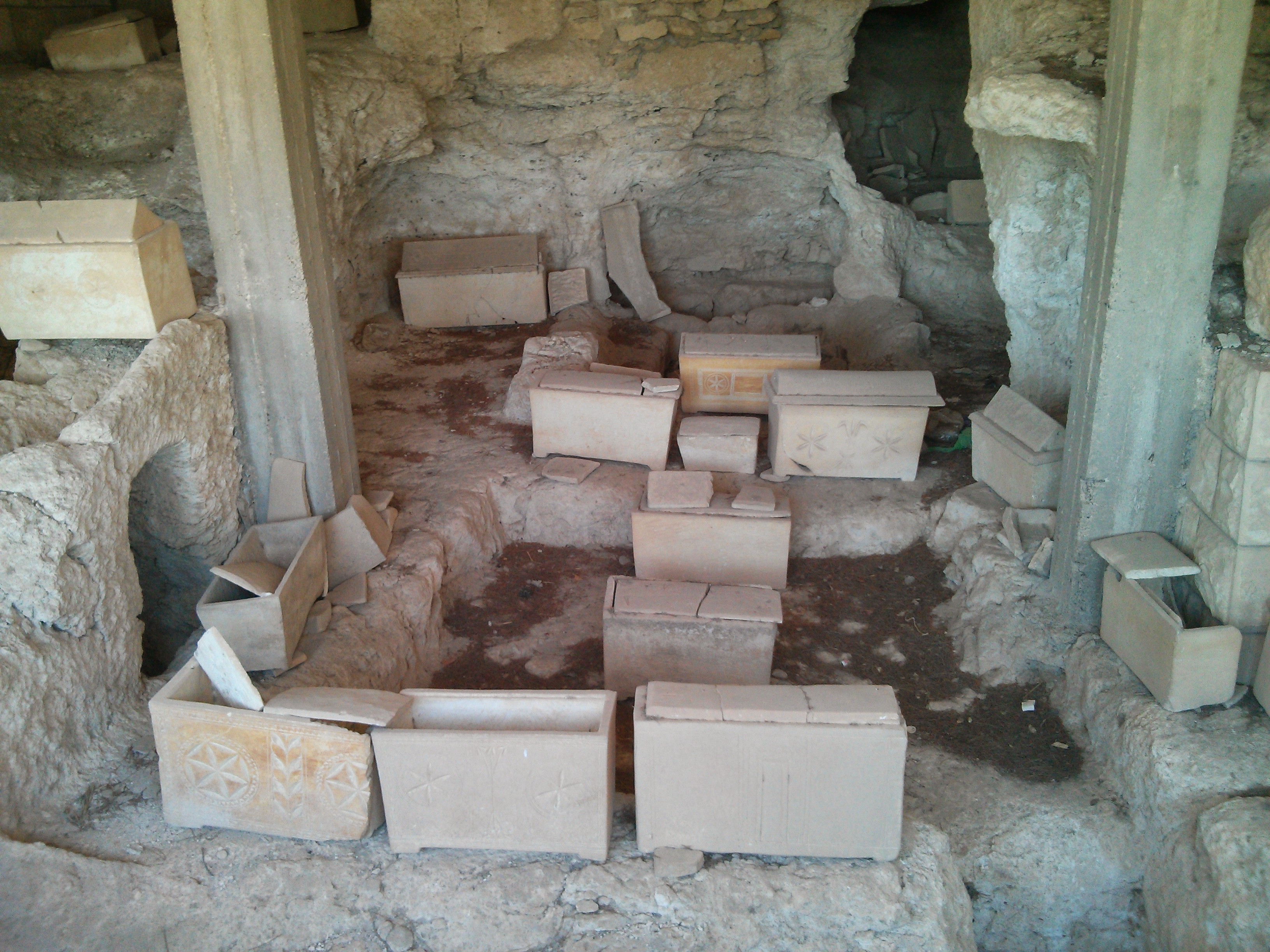


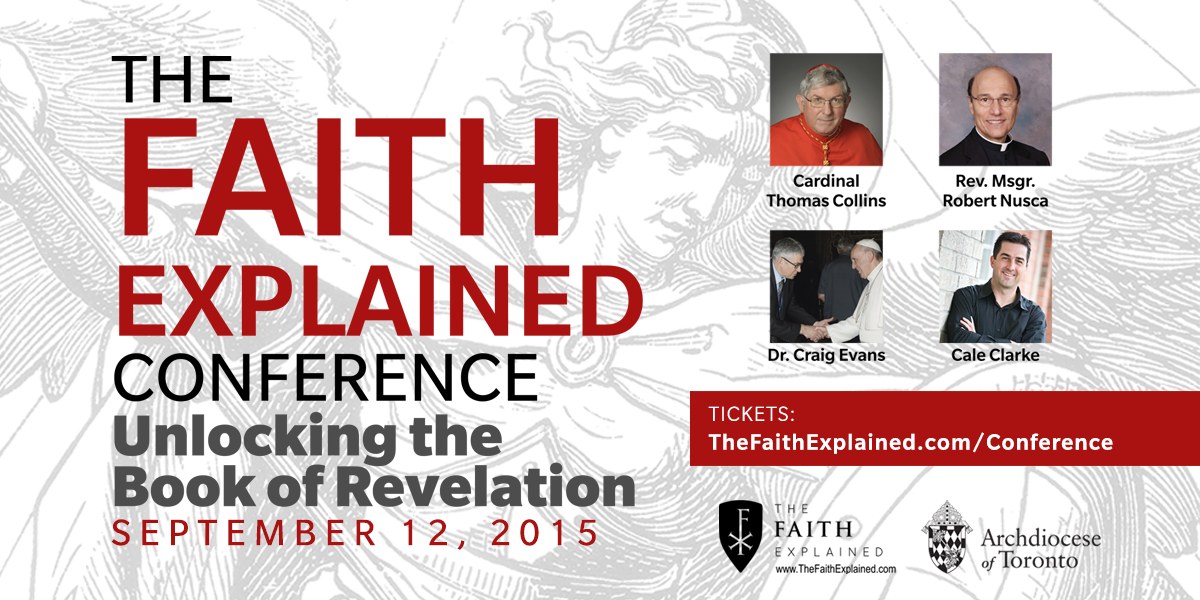 Tickets are now available for The Faith Explained Conference: Unlocking the Book of Revelation on Saturday, September 12. You can get them at
Tickets are now available for The Faith Explained Conference: Unlocking the Book of Revelation on Saturday, September 12. You can get them at 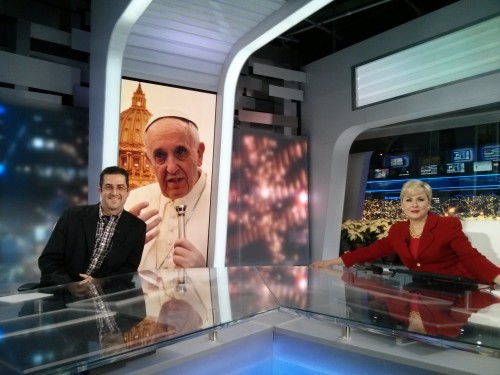 CTV News interviewed me about Pope Francis’ Christmas message to the Roman Curia (essentially those Church officials responsible for the internal functioning of key Vatican departments). Since my entire live interview on CTV News Channel with Jennifer Ward was not posted online (a brief, out of context clip appeared on the nightly National News broadcast with Lisa LaFlamme), I’m going to summarize my key points below. There has been a great deal of interest surrounding what the Pontiff said, which many have interpreted as a “stinging rebuke” by the Holy Father, that was “received coldly” by his audience. Is that really the case?
CTV News interviewed me about Pope Francis’ Christmas message to the Roman Curia (essentially those Church officials responsible for the internal functioning of key Vatican departments). Since my entire live interview on CTV News Channel with Jennifer Ward was not posted online (a brief, out of context clip appeared on the nightly National News broadcast with Lisa LaFlamme), I’m going to summarize my key points below. There has been a great deal of interest surrounding what the Pontiff said, which many have interpreted as a “stinging rebuke” by the Holy Father, that was “received coldly” by his audience. Is that really the case?